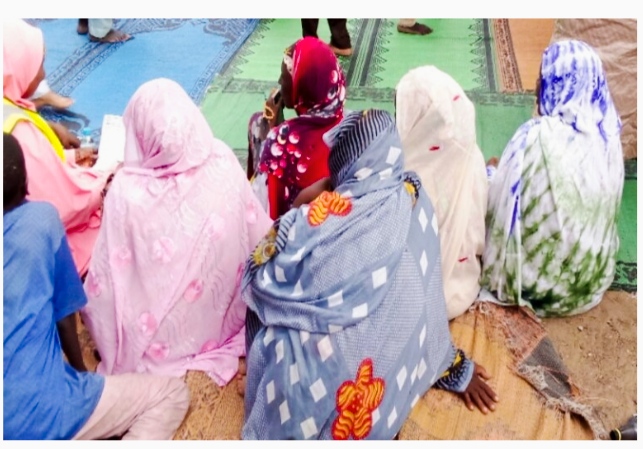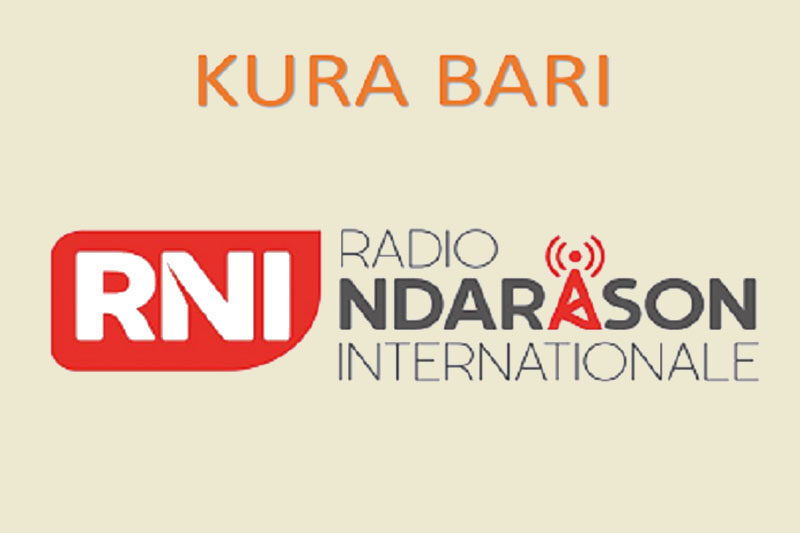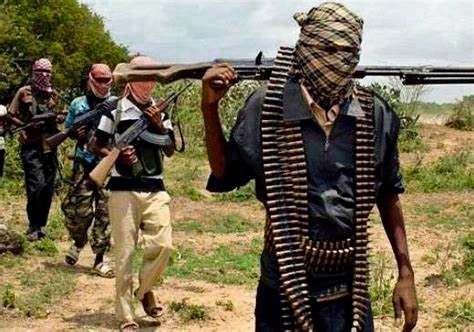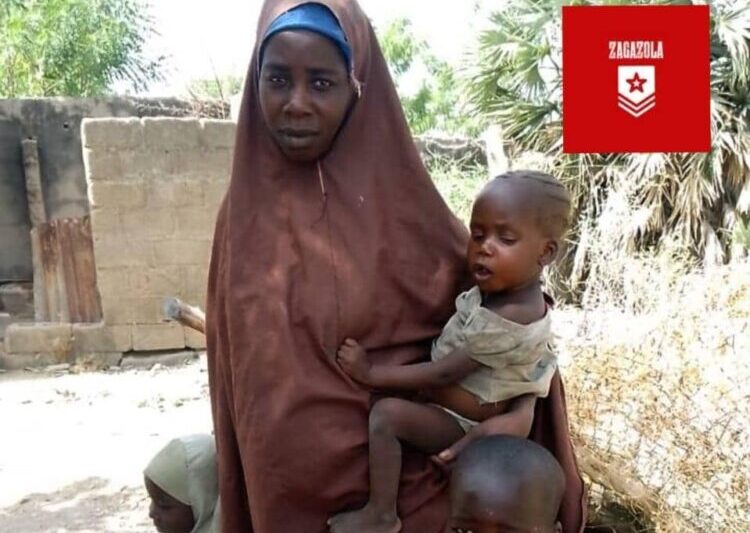The first time many women find out they are HIV positive or have Aids is often when they fall pregnant.
And, in northeast Nigeria, it is usually indigent internally displaced persons – those torn from their homes because of frequent attacks by extremists and forced to settle elsewhere – who are most at risk because they lack awareness and do not go for regular check-ups.
To make matters worse, the scourge of HIV/Aids has collided with the coronavirus COVID-19 and Nigeria – as with every country globally – has to deal with two pandemics.
A medical practitioner from Maiduguri, who asked to remain anonymous, said there was a lack of advocacy to highlight and make individuals aware of the prevalence of HIV/Aids. It was almost as if COVID-19 had “taken over” and HIV/Aids was no longer a problem.
He said not enough people – especially internally displaced persons – went for check-ups and had no idea of their status.
“Often it is only when women fall pregnant or are found to have contracted tuberculosis [TB] that they discover they are HIV positive. HIV and TB co-infection is an increasing concern.”
Many women, he said, were infected by their partners who had remained silent about having other sexual encounters.
“In many cases spouses hide the fact that they have been unfaithful. Some even know that they are HIV positive but they do not tell their partners.”
He said: “Some hospitals ask pregnant women and those with TB to bring their partners to be checked. It is often only by doing this that patients start receiving the correct treatment.”
In March, President Muhammadu Buhari met Winnie Byanyima, the executive director of UNAIDS, who said the organisation was ready to strengthen its partnership with Nigeria to further reduce the effect of the HIV pandemic and “end Aids as a public health threat as part of the 2030 Agenda for Sustainable Development”.
“I look forward to reinforcing UNAIDS’ partnership with government, communities and all other stakeholders to drive new HIV infections down and kick-start a decade of action to end AIDS as a public health threat for everyone,” Byanyima said.
During her visit, Byanyima also met community activists, who have been instrumental in minimising the disruption to HIV testing, treatment and care services despite the challenges caused by the COVID-19 pandemic and the measures taken to contain it.
In 2019 UNAIDS said there were 1.8 million people living with HIV in Nigeria and 1.3 million people knew their HIV status. It was estimated that 1.1 million people were receiving treatment to keep them alive and well.
It said Aids-related deaths had fallen by more than a third in the past decade but HIV infections had declined at a more modest rate.
On Tuesday, June 8, the president addressed a United Nations General Assembly (UNGA) video meeting on HIV/Aids.
He said the meeting was meant to review the progress on the commitment to end the deadly disease by 2030 and provide recommendations to guide and monitor responses in countries.
He urged African leaders to work together to eliminate the HIV/Aids scourge on the continent.
He also called for a renewed global action “to decisively address the HIV/Aidsepidemic in the African region”.
“We will continue to work with fellow heads of state and government across the continent to ensure sustained high-level political engagement in achieving these goals,” Buhari said.








